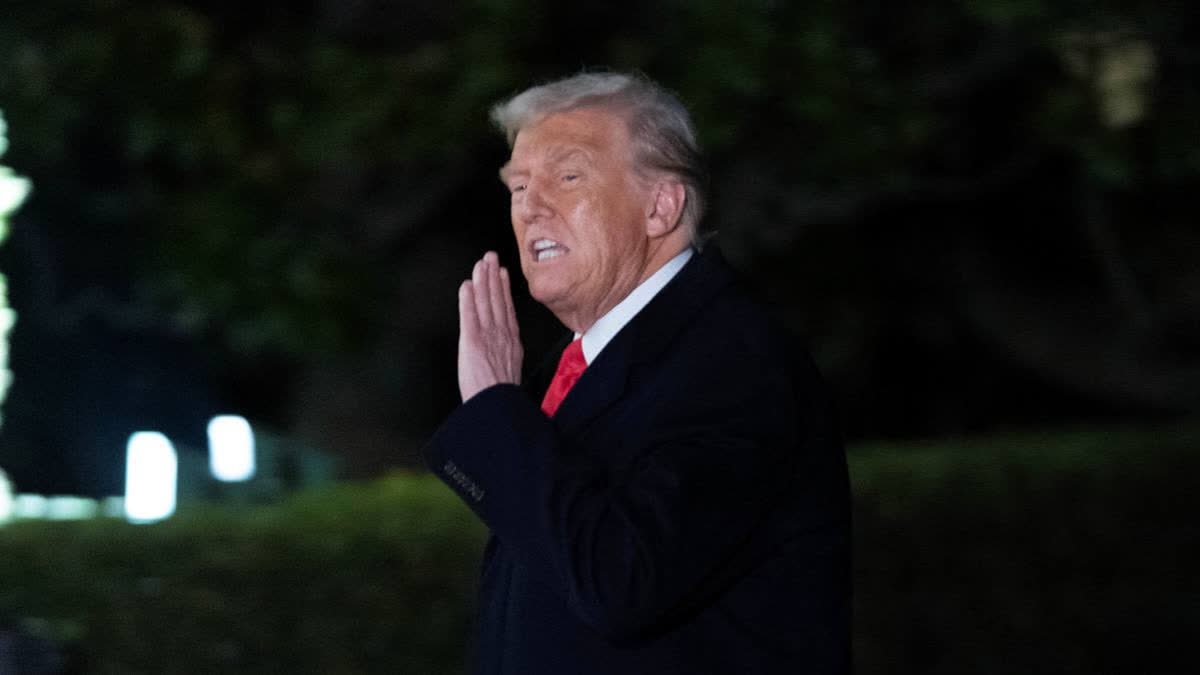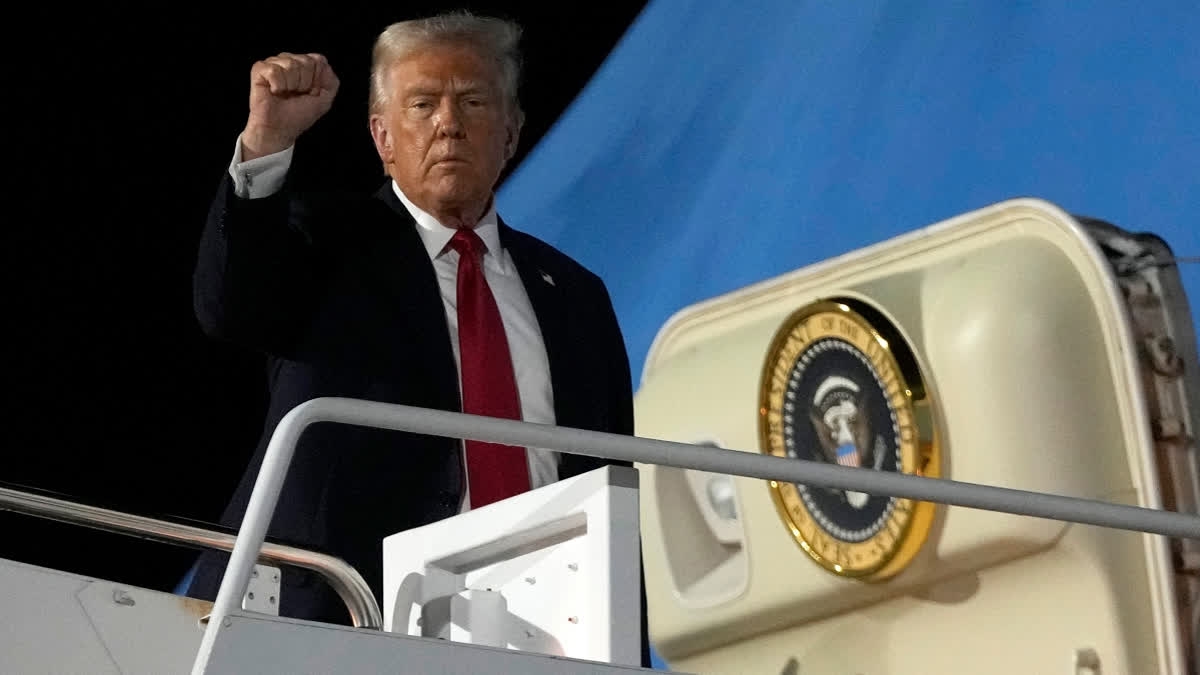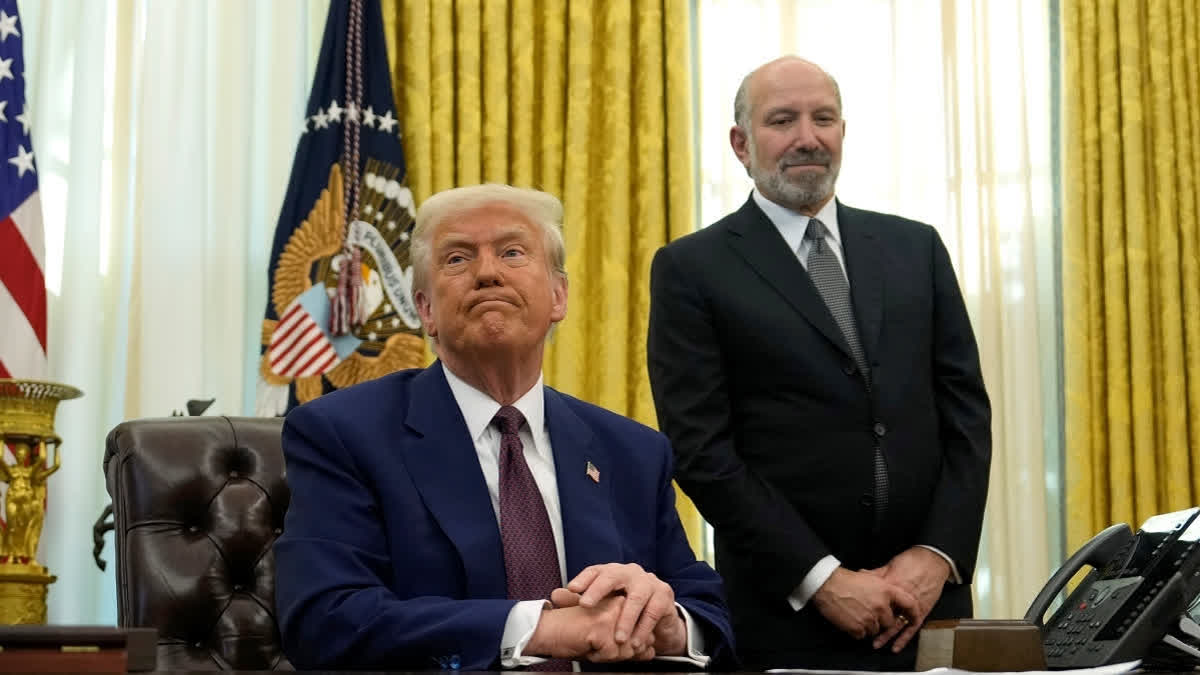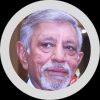President Donald Trump's team comprises largely of China hawks. Secretary of State Marc Rubio had regularly called out Beijing in his days as a Senator. He criticised China's human rights records, its Belt Road Initiative resulting in debt traps etc. In fact, Beijing had sanctioned him twice and he is still banned from entering China. His views on China were evident during his confirmation hearing.
Accusing China of being the biggest threat to the US, Rubio mentioned, "If we don't change course, we are going to live in the world where much of what matters to us on a daily basis from our security to our health will be dependent on whether the Chinese allow us to have it or not." The Chinese spokesperson refused to comment on Rubio's appointment as also whether it would lift sanctions.
Mike Waltz, the current National Security Advisor, is also a China hawk. He has regularly termed China as the US's greatest adversary and India as a strategic partner. He is the former co-chair of the India-US caucus. He has repeatedly mentioned that Washington will continue with its Indo-Pacific strategy including arms sales to Taiwan to deter China.

The new Secretary of Defence, Pete Hegseth, made countering China the priority of the Trump administration. Twice, in his confirmation hearing as also in his 'Message to the Force', he made near similar comments. He had stated, "We will reestablish deterrence by defending our homeland — on the ground and in the sky. We will work with allies and partners to deter aggression in the Indo-Pacific by Communist China, as well as supporting the President's priority to end wars responsibly and reorient to key threats."
The new US team is aware that enhancing ties with India is the answer to countering China. Marc, as a senator, had tabled a bill to treat India at par with US allies Japan, Israel, Korea and NATO. He had simultaneously demanded barring Pakistan from any security assistance. Pete Hegseth in his conversation with Defence Minister Rajnath Singh highlighted cooperation and exercises to deter aggression in the Indo-Pacific. Trump had termed Mike Waltz as "an expert on threats posed by China, Russia, Iran and global terrorism."
The latest to join this group is Paul Kapur, nominated as Assistant Secretary of State for South and Central Asia. He replaces the infamous Donald Lu, accused by Imran Khan for orchestrating his ouster as also for being behind the regime change in Bangladesh. Paul, an expert on India-Pakistan security and nuclear issues, is profoundly anti-Pakistan. He has written regularly for the ORF (Observer Research Foundation) and has been part of the US-India Track 1.5 dialogue.

The US has begun hinting that it wants to terminate ongoing conflicts to concentrate on countering China in the Indo-Pacific, aware that the Thucydides trap is a reality. Therefore, Trump has been rushing to terminate conflicts in Ukraine and Gaza as also withdraw US's large-scale involvement in other regions. Signs of this have been visible in recent times.
Trump announced that he has a "lengthy and highly productive" phone conversation with Russian President Vladimir Putin on ending the war in Ukraine. Trump in a post on X said, "It is time to stop this ridiculous War, where there has been massive, and totally unnecessary, DEATH and DESTRUCTION. God bless the people of Russia and Ukraine!" He later told reporters that he could meet Putin in Saudi Arabia shortly.
Trump also spoke to Ukranian President Volodymyr Zelensky on the subject. Both Europe and Ukraine fear that Trump would arrive at a deal with Putin ignoring them. Hence, have coined the phrase, "No settlement on Ukraine without Ukraine."
Pete Hegseth speaking at the Ukraine Defence Contact Group, chaired by the United Kingdom, was blunt in what the US perceives as the future of Ukraine. He clarified that there would be no return to pre-2014 borders for Ukraine, implying that Kyiv must accept the loss of Crimea as also other territory if it desires peace.
He added that there could be no entry of Ukraine into NATO, which is music to Moscow. Further, Ukraine needs security guarantees and these should be provided by European and non-European troops, the US will not be involved. Highlighting a role for the United Nations, he added that if UN peacekeepers were to be deployed in Ukraine, they could involve European troops but the same would be a non-NATO mission, without Article 5, implying that in case of conflict with Russia, the US would not be involved. Finally, he clarified that European security should be handled by European members of NATO.
Hegseth also highlighted the priorities of the new administration, implying shifting in US priorities. He mentioned, "We also face a peer competitor in Communist Chinese with the capability and intent to threaten our homeland and core national interests in the Indo-Pacific. The US is prioritising deterring war with China in the Pacific, recognising the reality of scarcity, and making the resourcing tradeoffs to ensure deterrence does not fail." He insisted that European states must expend 5 per cent for defence.
A similar approach is being undertaken by the US in the Gaza conflict. Trump is pressurising his Arab allies to accept his terms for terminating the conflict, alongside warnings of strong military action. This however will be a slower process as also secondary as US involvement is limited. Trump assumes that by the neutral US taking over Gaza, without its residents, there would be no cause for future conflict.
The messages being conveyed by Trump and his team is that their priority is the Indo-Pacific and the growing Chinese threat. The emphasis on the enhancement of military power is aimed at keeping China in check. He is aware that if China succeeds in even one sector in SE Asia, the US's global standing would be dented.
China has meanwhile displayed that it will not bend. It has countered Trump’s tariffs and is prepared for an economic conflict, while refusing to negotiate, leaving it to the US to take the first step, which Trump has ignored.
Thus far the US is ambiguous on its Taiwan policy. This ambiguity may be exploited by China to push its agenda. To counter this belief the US is displaying an intent to reduce its involvement in other parts of the world and enhance its presence in the Indo-Pacific, where it faces the Chinese challenge.
(Disclaimer: The opinions expressed in this article are those of the writer. The facts and opinions expressed here do not reflect the views of ETV Bharat)



